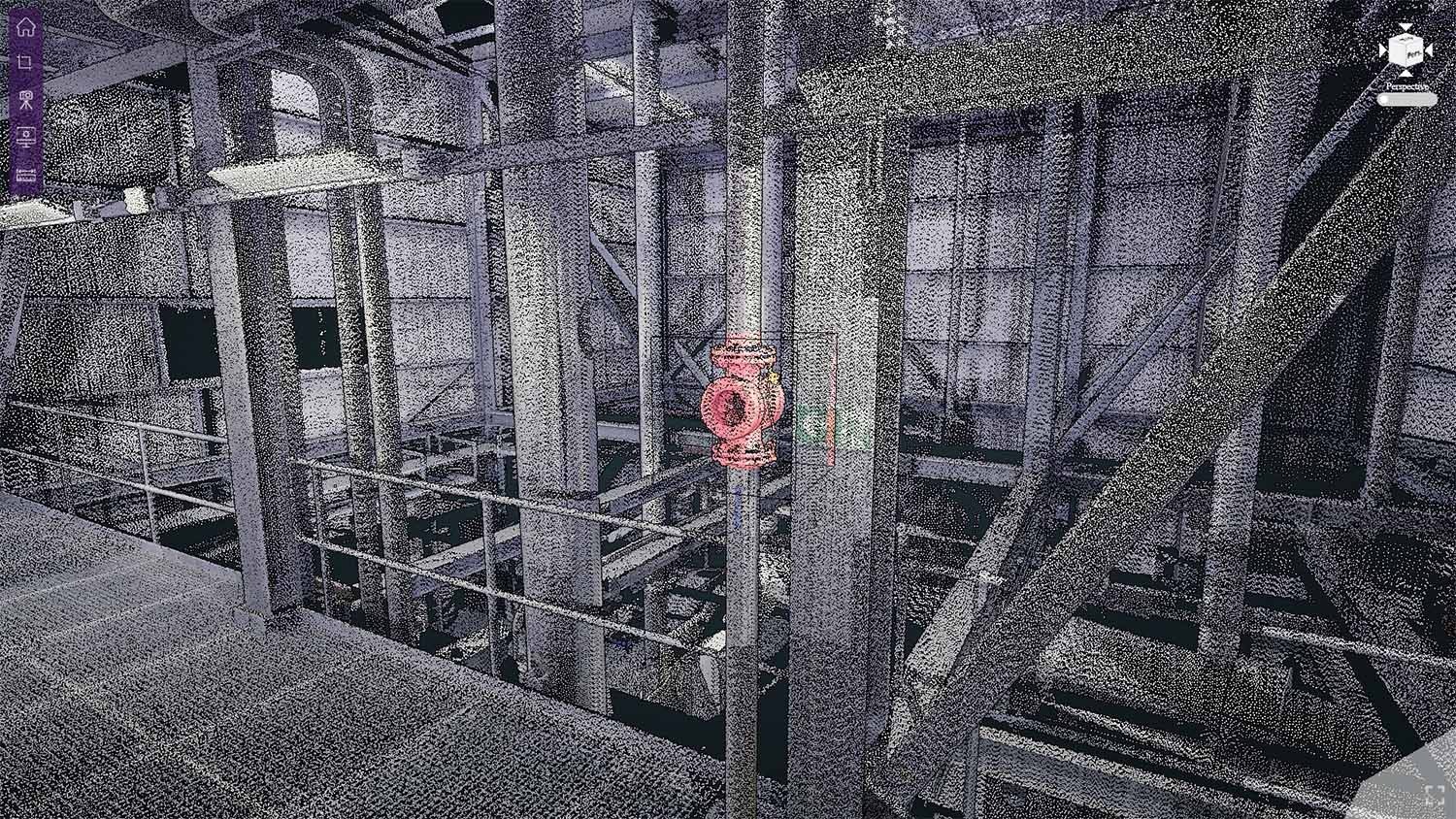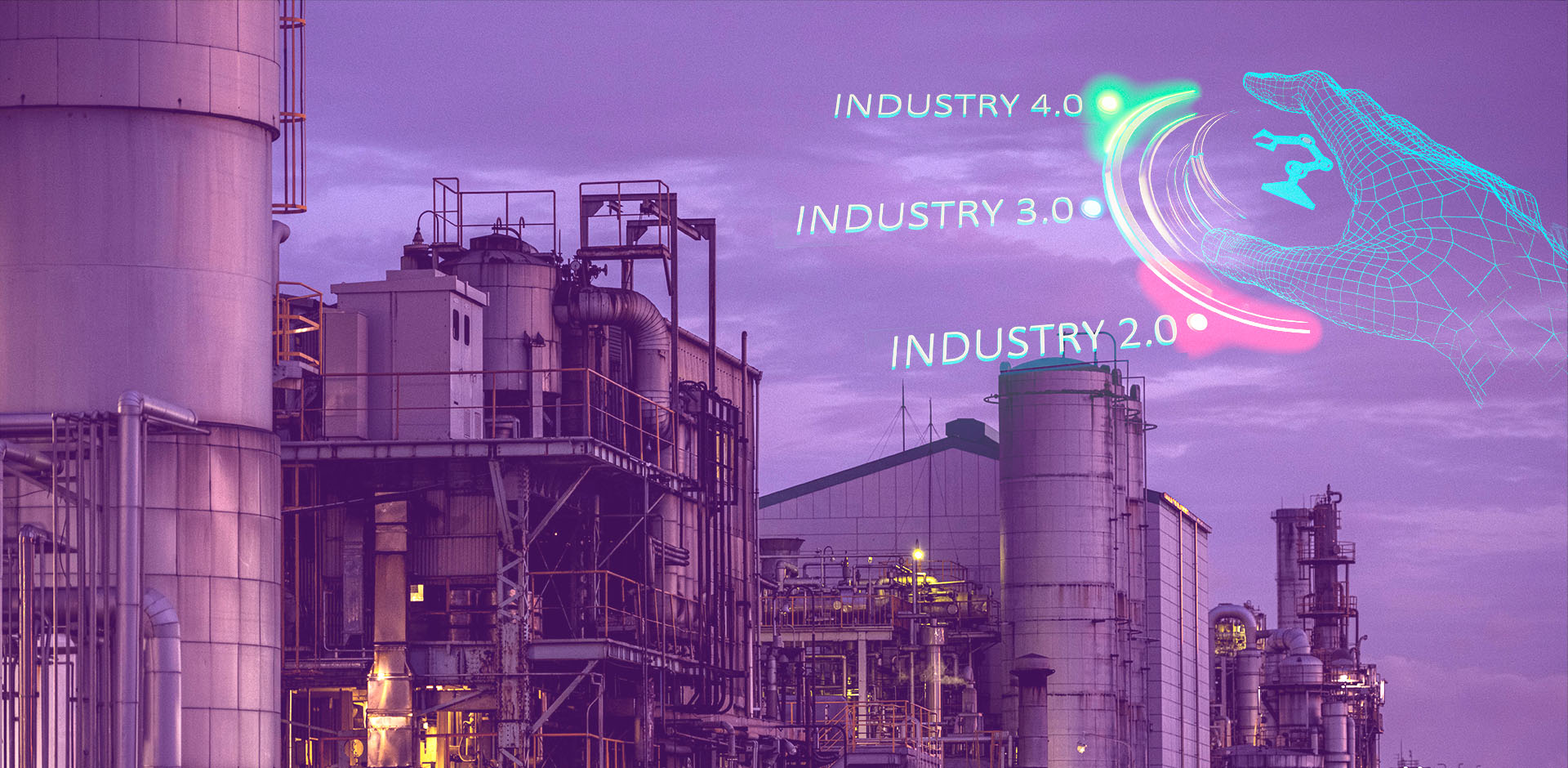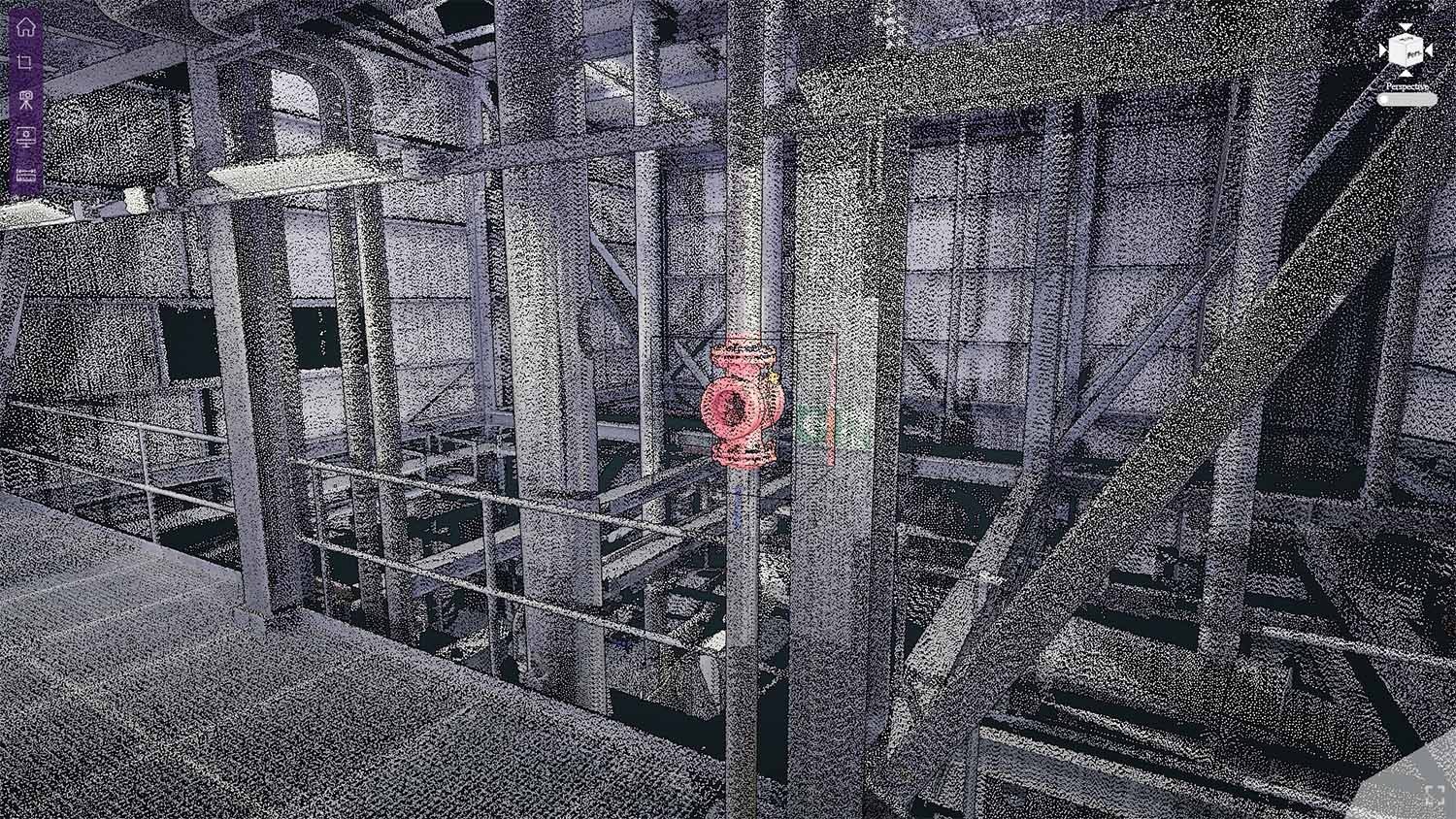
Introduction:
In the ever-evolving landscape of industrial operations, companies are increasingly realizing the value of adopting a multi-disciplinary approach to plant engineering. By bringing together diverse fields of expertise, such as process engineering, electrical engineering, mechanical engineering, and more, multi-disciplinary plant engineering companies offer comprehensive solutions that drive efficiency, innovation, and success. In this blog post, we will explore the significance of multi-disciplinary plant engineering and how it can revolutionize industrial processes.
1. Holistic Plant Design and Optimization:
One of the primary advantages of multi-disciplinary plant engineering is the ability to develop holistic plant designs. Rather than focusing solely on one aspect, such as mechanical or electrical systems, multi-disciplinary teams consider the entire ecosystem of the plant. They collaborate to design and optimize plant layouts, ensuring seamless integration of different systems, maximizing productivity, and minimizing bottlenecks. By taking a holistic approach, multi-disciplinary plant engineering ensures that every component works together harmoniously, resulting in a well-optimized and efficient plant.
2. Streamlining Processes and Enhancing Productivity:
Multi-disciplinary plant engineering excels in streamlining industrial processes. Process engineers work alongside mechanical and electrical engineers to analyze existing workflows, identify inefficiencies, and propose optimized solutions. Through their expertise, they can redesign and reconfigure processes to eliminate redundancies, reduce waste, and improve productivity. By streamlining processes, multi-disciplinary plant engineering companies help organizations achieve higher throughput, faster production cycles, and ultimately, increased profitability.
3. Integration of Advanced Automation and Control Systems:
In today's era of digital transformation, automation plays a vital role in industrial operations. Multi-disciplinary plant engineering companies excel in integrating advanced automation and control systems. Electrical and automation engineers collaborate to design and implement programmable logic controllers (PLCs), supervisory control and data acquisition (SCADA) systems, and human-machine interfaces (HMIs) to automate processes, monitor real-time data, and enable efficient control of plant operations. This integration enhances operational efficiency, reduces human error, and improves overall safety.
4. Innovating for Sustainability and Energy Efficiency:
Sustainability and energy efficiency have become critical factors in modern industrial operations. Multi-disciplinary plant engineering brings together experts from various fields, including environmental engineering and energy management, to develop innovative solutions for sustainability. These solutions can include renewable energy integration, waste management systems, and eco-friendly process optimization. By embracing a multi-disciplinary approach, organizations can minimize their environmental impact, optimize resource utilization, and achieve long-term sustainability goals.
5. Enhancing Safety and Risk Management:
Safety is a paramount concern in any industrial setting. Multi-disciplinary plant engineering companies understand the significance of safety and risk management. They collaborate with experts in safety engineering and risk assessment to identify potential hazards, assess risks, and implement robust safety protocols. Through advanced technologies, such as digital twin models and predictive analytics, these companies can simulate and analyze potential risks, allowing organizations to proactively mitigate them and create a safer work environment.
Conclusion:
In an increasingly complex industrial landscape, multi-disciplinary plant engineering companies offer a transformative approach to plant design, optimization, and innovation. By integrating diverse fields of expertise, they create comprehensive solutions that enhance efficiency, streamline processes, and drive sustainability. Through their holistic approach, these companies empower organizations to achieve operational excellence, maximize productivity, and adapt to changing market demands. As the future of industrial engineering continues to evolve, embracing a multi-disciplinary approach will be key to unlocking the full potential of plant engineering.









